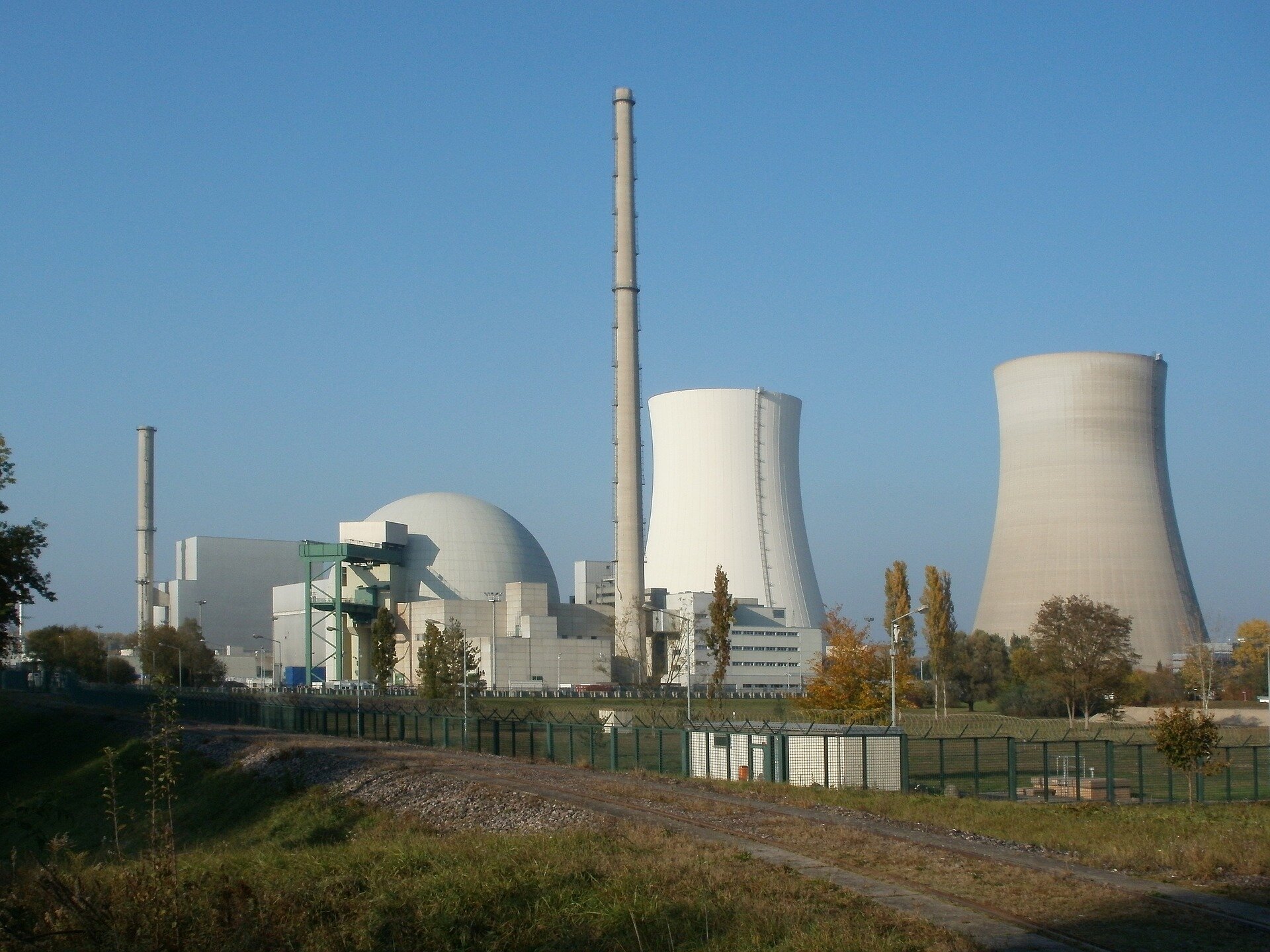Aboveground Storage:
Instead of deep, underground storage – the license applicants intend to store the waste at the surface, for an undetermined period of time, where it is most vulnerable to Chloride Induced Stress Corrosion Cracking (CI-SCC) and acts of terrorism or sabotage.
Terrorism:
Energy terrorism seeks to disrupt supply capabilities and trigger economic losses. High-level waste shipped via rail and stored at the surface creates a soft target for terrorism.
Presence of Groundwater and Aquifers:
Evidence of aquifers and groundwater formations beneath and in the region of the proposed waste sites disqualifies them from consideration.
Geologic Hazards:
The storage license applicants have not acknowledged the known geologic hazards in the area of their sites, including a failure to report on the heavily faulted nature of the Central Basin Platform upon which their sites are located; the possibility of hundreds of unmarked, abandoned wells; the presence of karst and sinkholes; and the ongoing potash mining activities. The applicants also fail to address the salt playas in the region which will contribute to the deterioration of their stainless-steel casks (Chloride-Induced Stress Corrosion Cracking).
Transport Hazards:
The risks of transporting this most deadly cargo, carrying a weight of approximately 150-ton casks, through our cities and counties, exposes our first responders to unwanted risk, threatens our communities, and is an affront to local and state officials that shall have no oversight or even a right to participate in the selection of routes, and who will be silenced by the federal rules that create a blanket of secrecy over the transport of this waste.
Possible Second Transport:
Although there are no plans to develop a permanent disposal site, if one were made available, then local communities would endure the risks of transport, a second time.
Socio Economic Impact:
The two small communities saddled with the Nation’s high-level nuclear waste as well as those along the rail route can expect property value depletion and greater risk of exposure to radiological material.
Violation of Federal Law:
The NRC is violating the Nuclear Waste Policy Act by disregarding states’ rights to consent to these sites. What makes anyone think the NRC will not continue to silence state and local officials who raise concerns about the transportation of these deadly materials?
Take a look at our resources page to learn more.
Facts About High-Level Nuclear Waste
Canisters weighing approx. 150 - 180 tons will travel by rail through major-American cities and by barge upon our rivers, like the Mississippi and into ports like Houston, Texas.
Remote, rural areas do not have the necessary emergency response resources for responding to a derailment or train collision involving high-level nuclear waste.
The Nuclear Regulatory Commission and the companies seeking licenses to store the waste do not provide specifics or even discuss the transport of this deadly material. There is no mention of talks with any communities along the train route.
The companies behind this believe that by getting local officials on their side, by showing up to local events, being charitable and friendly - they will win us over. This is all part of their plan and it is called Consent Based Siting. These nuclear waste dump sites have to show that the locals WANT THEM there = CONSENT.
Nuclear Energy provides power all across the country. The problem with Nuclear Energy is NUCLEAR WASTE.
WHY WE NEED TO OPPOSE THESE PLANS: They claim their canisters can withstand a rail accident. We say: even a derailment or collision can halt rail traffic for weeks or months.
Oil commodities make up the majority of rail shipments in southeast New Mexico and West Texas. Coming in second are agricultural commodities.
Even the slightest delay on the rails caused by a nuclear waste emergency will interfere with oil freight and agricultural / ranching commodities. This poses a loss of millions of dollars per day.
ONE DERAILMENT, ONE SPILL, one simple human error could bring oil and gas operations to a halt and decimate local economy.
A Brief History on Nuclear Waste
In 1982, a federal law called the Nuclear Waste Policy Act (NWPA) was created to solve the problem of nuclear waste.
Yucca Mountain was designated as a permanent storage site for nuclear waste — a deep geological storage facility on federal land in Nye County, Nevada.
However, strong opposition from the public and Nevada politicians caused Yucca Mtn. to be scrapped.
Nevada - a state that profits off gambling - wasn’t willing to bet on high-level nuclear waste!
AN UNWELCOME SOLUTION: Private Storage
The government then invited private companies to offer a solution.
Two companies saw an opportunity and offered to store America’s High-Level Nuclear Waste.
WCS/Interim Storage Partners (ISP) in Andrews County, Texas
and
Holtec International in Lea County, New Mexico
Risks of Nuclear Waste
There are legitimate concerns regarding terrorism, human error, airborne release of radioactive materials and the decimation of the land and minerals that sustain the jobs and families that occupy the Permian Basin.
How will the high-level nuclear waste get to the Basin?
Nuclear waste would travel by rail through major American cities to reach the storage site.
Ask yourself, do you live or work near the railroad tracks?
Are you aware of the number of derailments and accidents that occur?
**SOURCE: http://motran.org/permian-rail-safety
Who is Impacted?
There are tons of cities and towns along the transportation route: Dallas, San Antonio, Midland, Odessa and El Paso, and many smaller towns including Monahans, Eunice, Hobbs and Big Spring.
All of these places have thriving populations that could potentially be devastated by any incident concerning nuclear waste.





